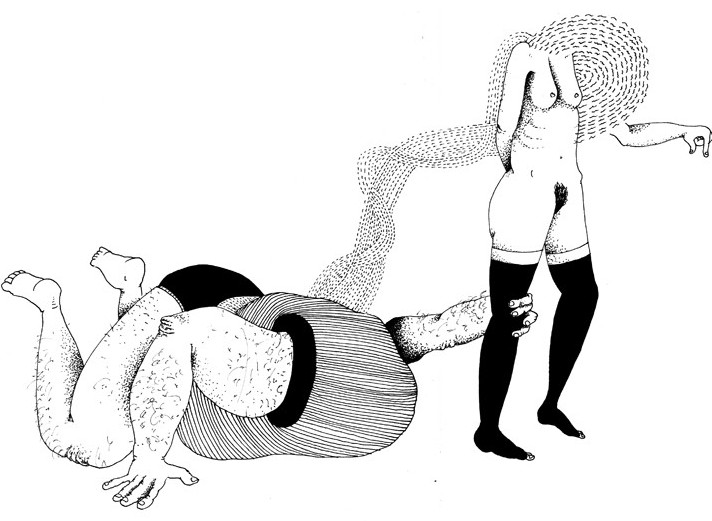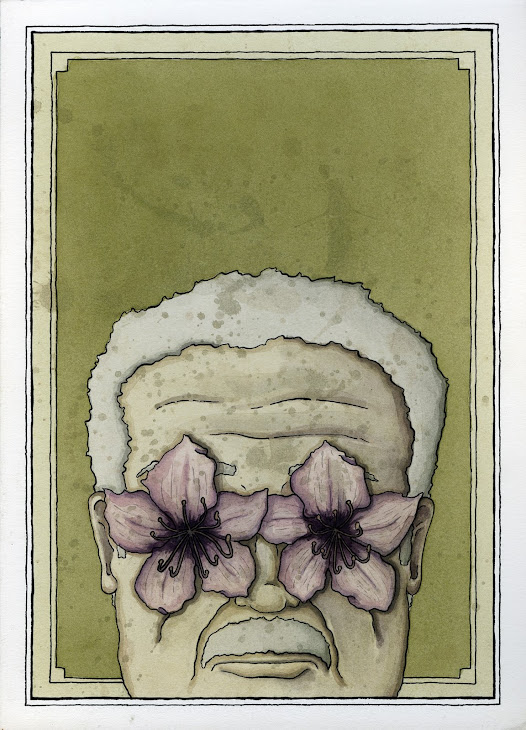 “We expect a lot from the middle classes,” say Abhijit Banerjee and Esther Duflo, of the Poverty Action Laboratory at the Massachusetts Institute of Technology. Following the historical examples of Britain and America, they are expected to be the dominant force in establishing or consolidating democracy. As a group, they are meant to be the backbone of the market economy. And now the world looks to them to save it from depression. With the global economy facing the biggest slump since the 1930s, the World Bank says that “a new engine of private demand growth will be needed, and we see a likely candidate in the still largely untapped consumption potential of the rapidly expanding middle classes in the large emerging-market countries.”
“We expect a lot from the middle classes,” say Abhijit Banerjee and Esther Duflo, of the Poverty Action Laboratory at the Massachusetts Institute of Technology. Following the historical examples of Britain and America, they are expected to be the dominant force in establishing or consolidating democracy. As a group, they are meant to be the backbone of the market economy. And now the world looks to them to save it from depression. With the global economy facing the biggest slump since the 1930s, the World Bank says that “a new engine of private demand growth will be needed, and we see a likely candidate in the still largely untapped consumption potential of the rapidly expanding middle classes in the large emerging-market countries.”In practice, emerging markets may be said to have two middle classes. One consists of those who are middle class by any standard—ie, with an income between the average Brazilian and Italian. This group has the makings of a global class whose members have as much in common with each other as with the poor in their own countries. It is growing fast, but still makes up only a tenth of the developing world. You could call it the global middle class.
The other, more numerous, group consists of those who are middle-class by the standards of the developing world but not the rich one. Some time in the past year or two, for the first time in history, they became a majority of the developing world’s population: their share of the total rose from one-third in 1990 to 49% in 2005. Call it the developing middle class.
Using a somewhat different definition—those earning $10-100 a day, including in rich countries—an Indian economist, Surjit Bhalla, also found that the middle class’s share of the whole world’s population rose from one-third to over half (57%) between 1990 and 2006. He argues that this is the third middle-class surge since 1800. The first occurred in the 19th century with the creation of the first mass middle class in western Europe (see chart 1). The second, mainly in Western countries, occurred during the baby boom (1950-1980). The current, third one is happening almost entirely in emerging countries. According to Mr Bhalla’s calculations, the number of middle-class people in Asia has overtaken the number in the West for the first time since 1700.
 At a certain stage it starts to boom. That stage was reached in China some time between 1990 and 2005, during which period the middle-class share of the population soared from 15% to 62%. It is just being reached in India now. In 2005, says the reputable National Council for Applied Economic Research, the middle-class share of the population was only about 5%. By 2015, it forecasts, it will have risen to 20%; by 2025, to over 40%.
At a certain stage it starts to boom. That stage was reached in China some time between 1990 and 2005, during which period the middle-class share of the population soared from 15% to 62%. It is just being reached in India now. In 2005, says the reputable National Council for Applied Economic Research, the middle-class share of the population was only about 5%. By 2015, it forecasts, it will have risen to 20%; by 2025, to over 40%.Homi Kharas, of the Brookings Institution, a think-tank in Washington, DC, argues that the point at which the poor start entering the middle class in their millions is the “sweet spot of growth”. It is the moment when poor countries can get the maximum benefit from their cheap labour through international trade, before they price themselves out of world markets for cheap goods or are able to compete with rich countries in making high-value ones. It is also almost always a period of fast urbanisation, when formerly underemployed farmers abandon what Marx called “the idiocy of rural life” for the cities to work in manufacturing, boosting their productivity many times over. Eventually this results in a lessening of income inequalities because the new middle class sits somewhere between the rich elite and the rural poor.
Marx on the Phenomena of the Middle Class:
"Historically it has played a most revolutionary part. The bourgeoisie, wherever it has got the upper hand, has put an end to all feudal, patriarchal, idyllic relations…It has accomplished wonders far surpassing Egyptian pyramids, Roman aqueducts and Gothic cathedrals…The bourgeoisie has through its exploitation of the world market given a cosmopolitan character to production and consumption in every country…All old-established national industries have been destroyed or are daily being destroyed. They are dislodged by new industries, whose introduction becomes a life-and-death question for all civilised nations…In place of the old wants, satisfied by the production of the country, we find new wants, requiring for their satisfaction the products of distant lands and climes…National one-sidedness and narrow-mindedness become more and more impossible, and from the numerous national and local literatures there arises a world literature. The bourgeoisie, by the rapid improvement of all instruments of production, by the immensely facilitated means of communication, draws all, even the most barbarian, nations into civilisation."
Source: Burgeoning bourgeoisie
--
Implications
The great rising of the middle class as now the dominate class worldwide, and no longer the poor is indeed one of humanity's most profound triumphs. The progress which an achievement highlights is ever-more intriguing in noting its exponential nature.
Now that they world is more middle class than ever before, more people than ever are getting BAs, MAs and even PhDs. What impact is this Intellectualization having on social activism, art,
More and more people now know more and more...what is done with all of this, to what end...just to get paid more, go skiing every other weekend and have a vacation spot in the topics?
Is this monumental social mobility creating anything other than just more superficial, mindless pleasure seekers...sybarites? If not why, and will it eventually?
If so, WHAT is emerging...for it is this very EMERGING that will define human progress for many decades to come...and studying this may lead to some great research that helps humans understand what's happening in this vast almost imperceptible flash of change, and as a result, learn to harness the goods and make them great.
Also, is all of this sustainable, or are we just reaching this burgeoning point that will cause the collapse as modern society and capitalism as the world's fulcrum??
And then what?
.jpg)
.jpg)
.jpg)



.jpg)